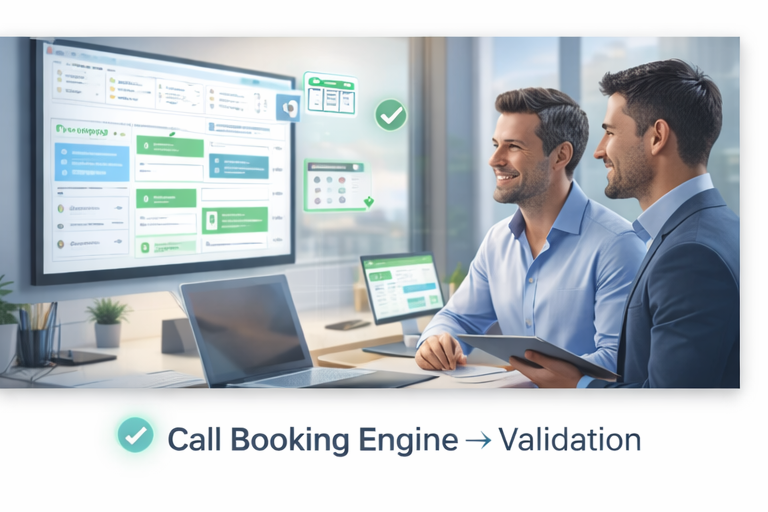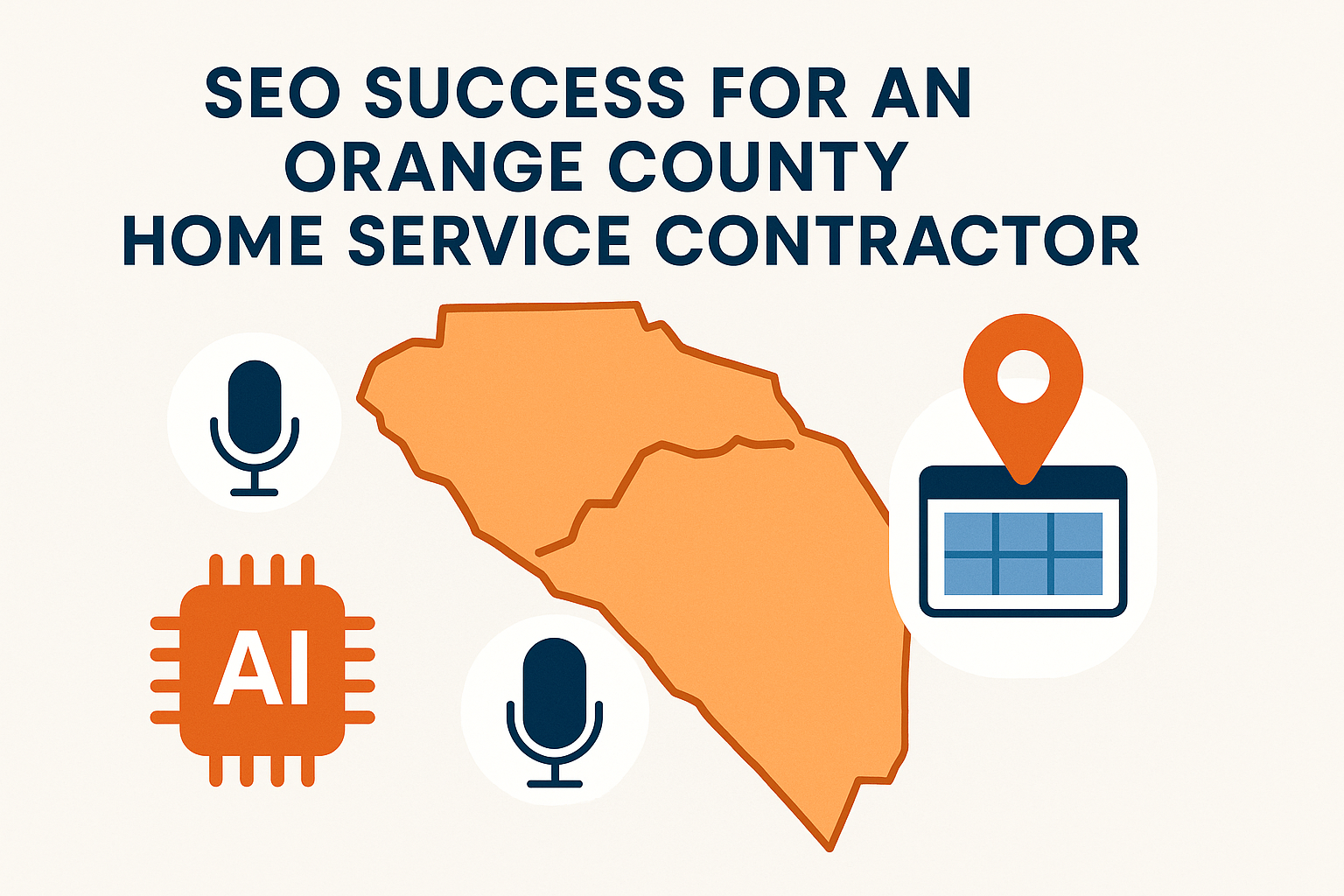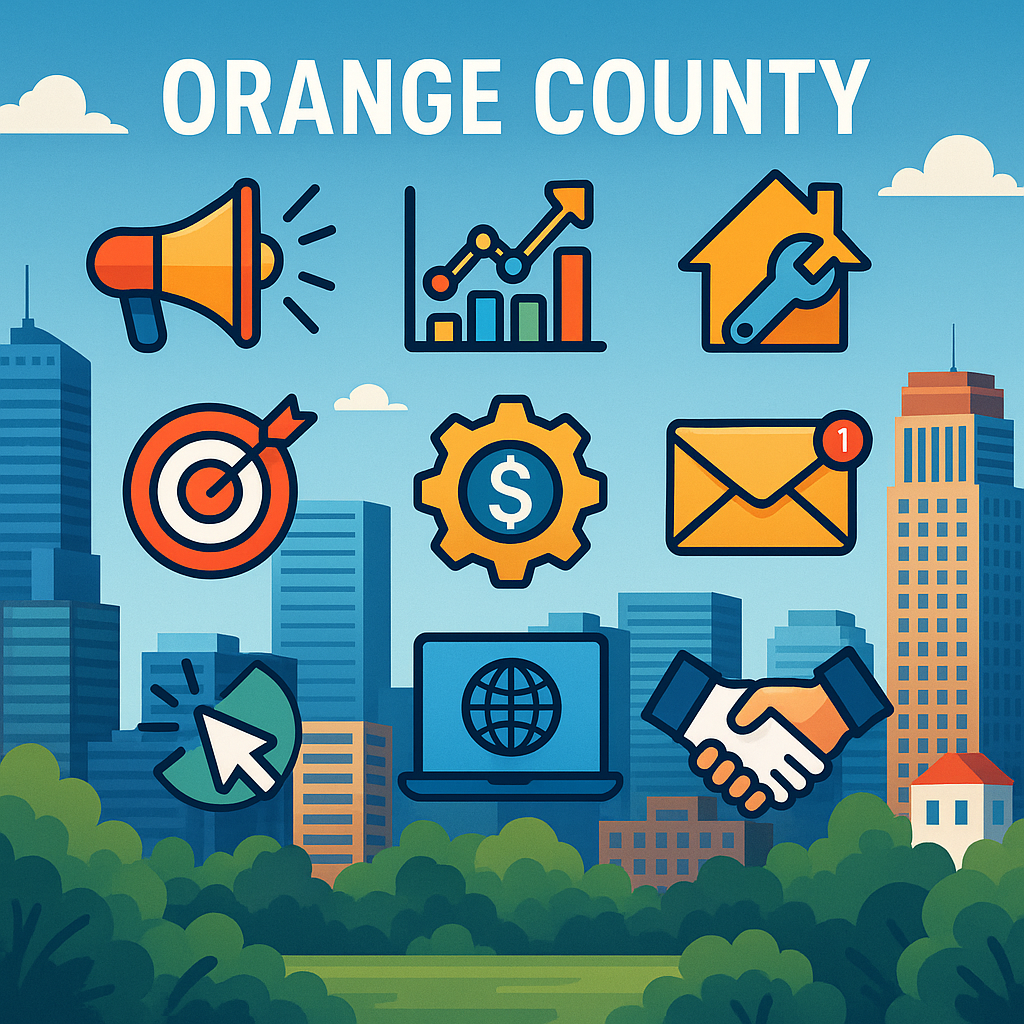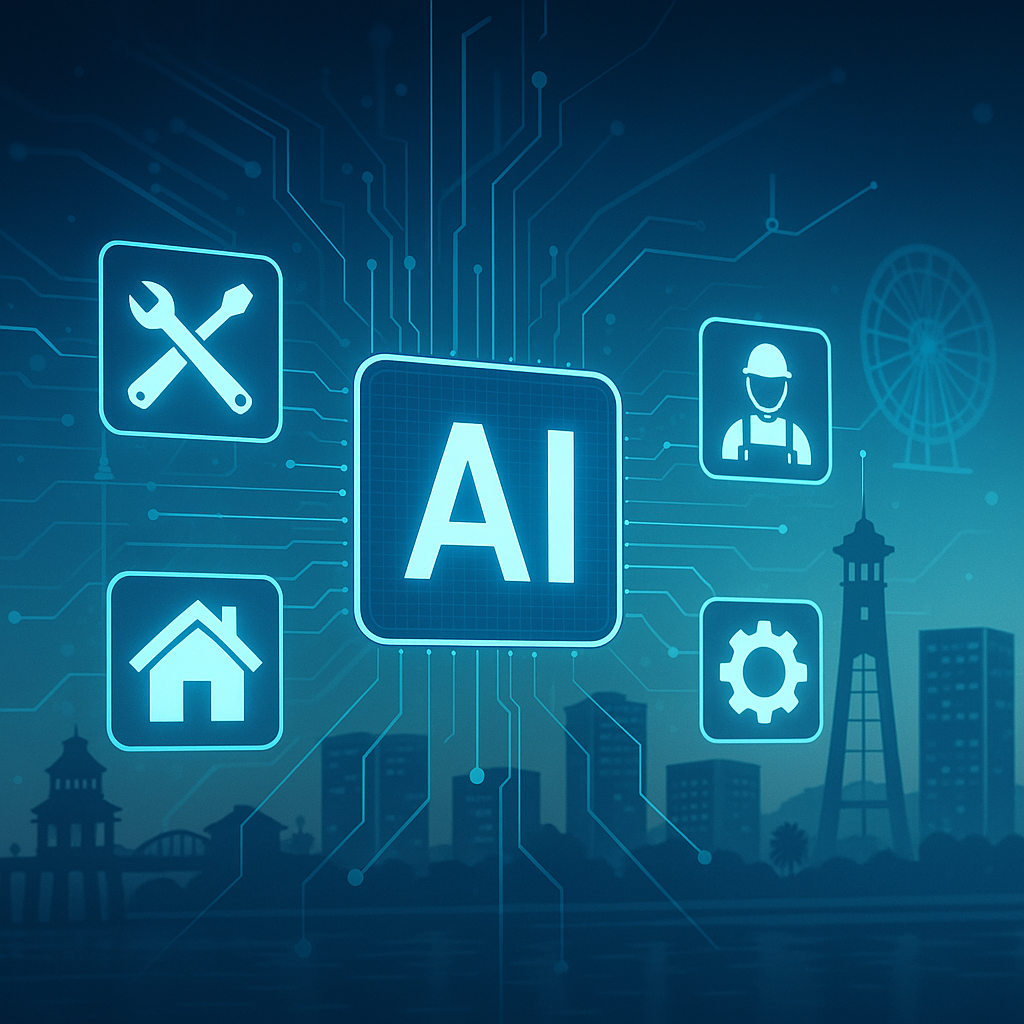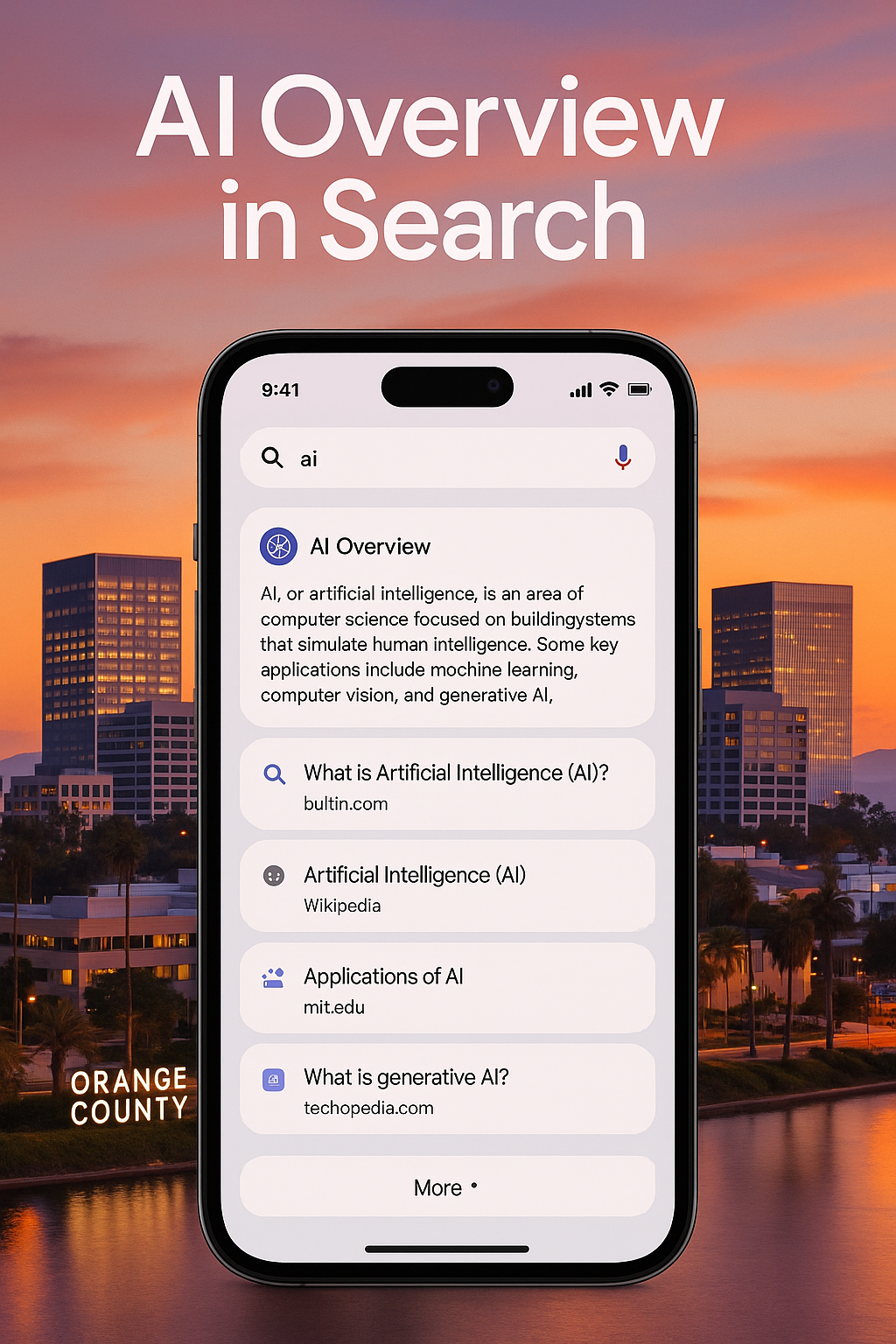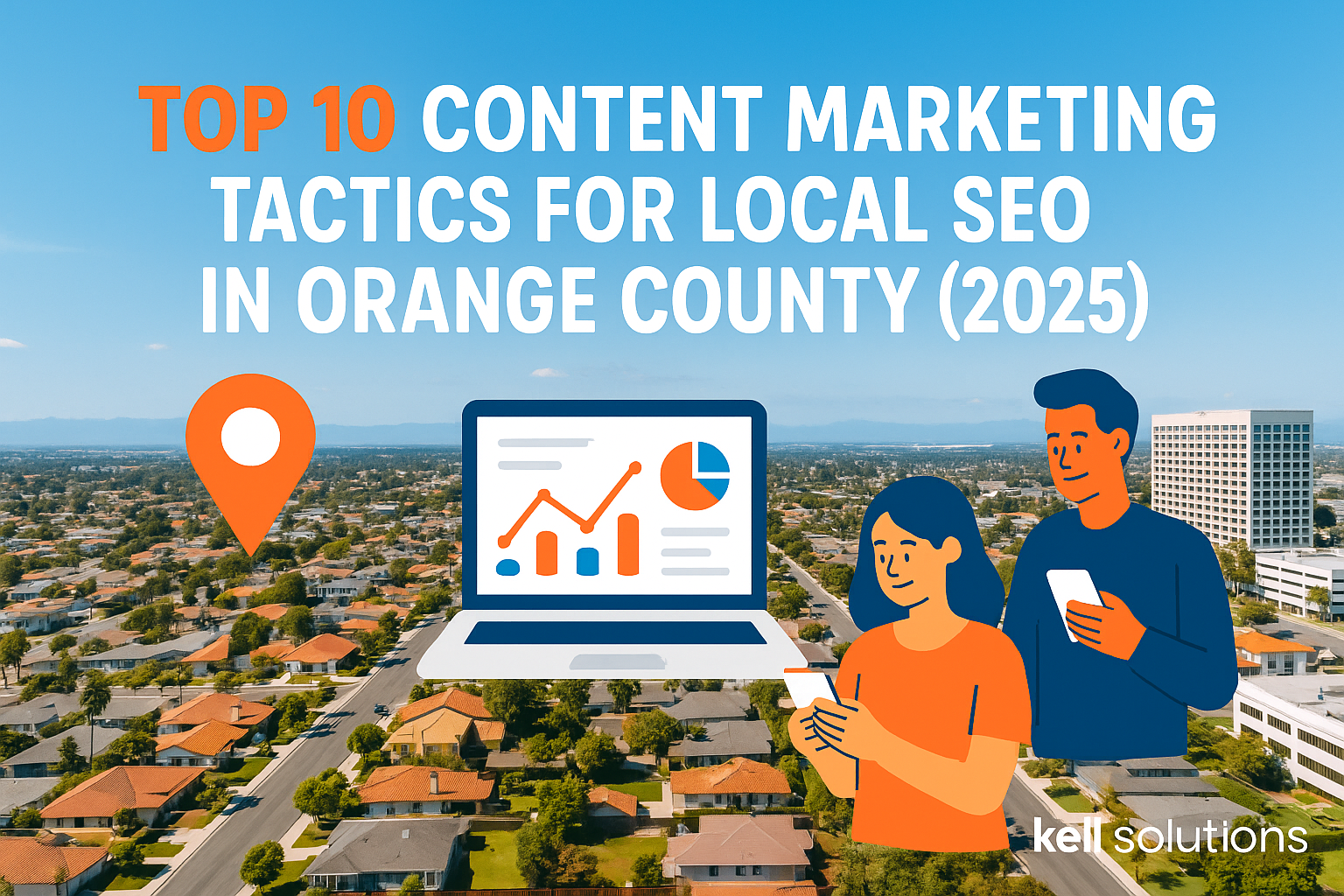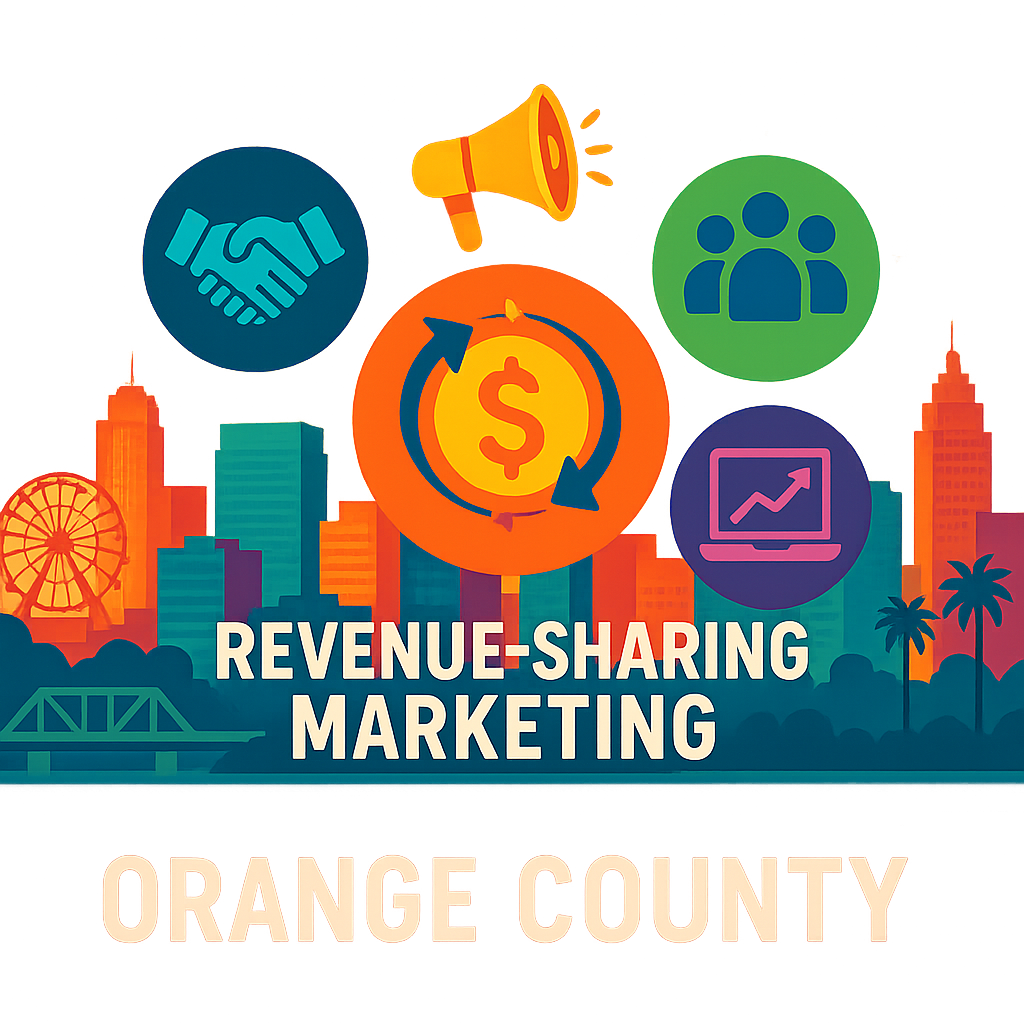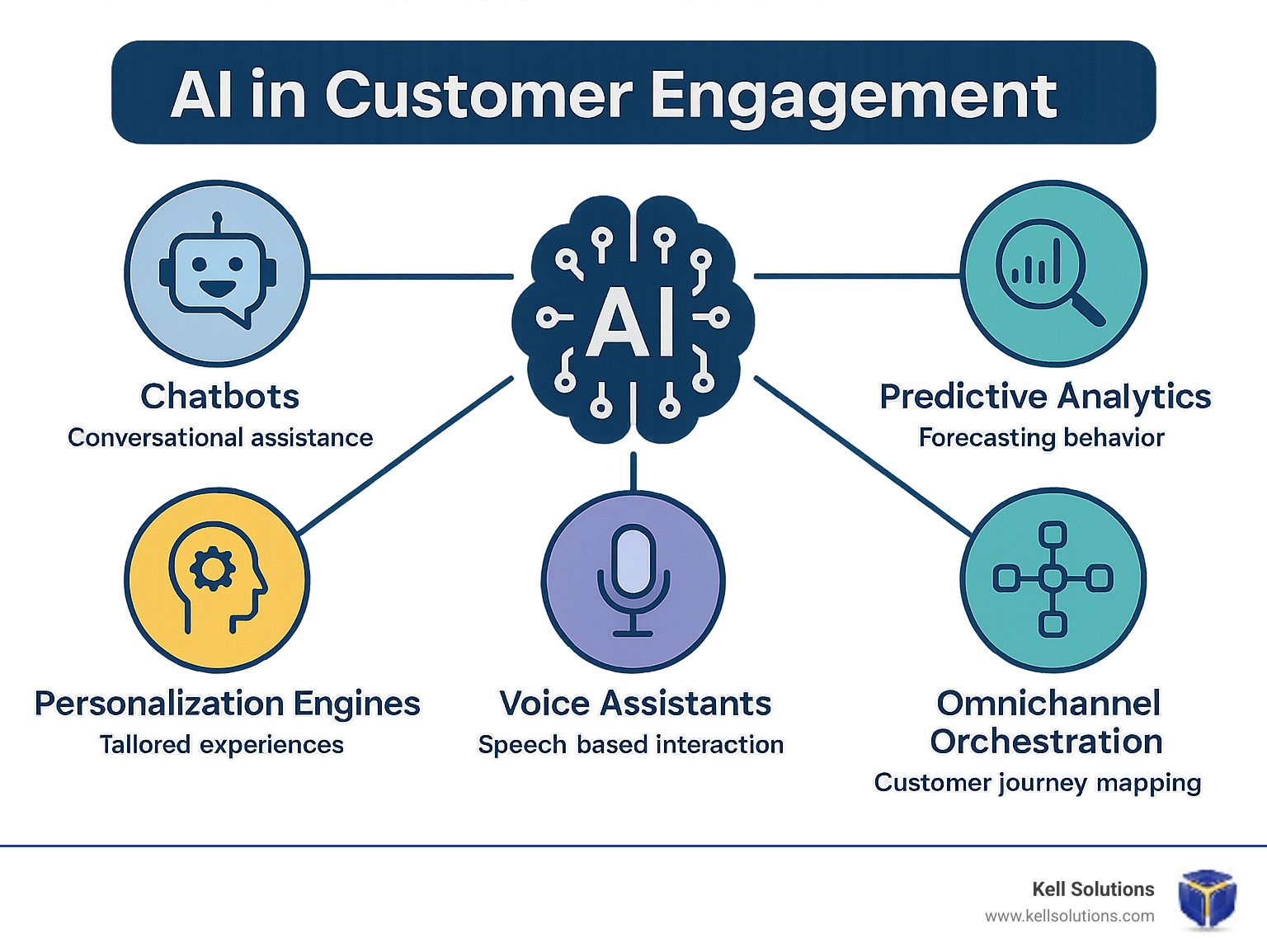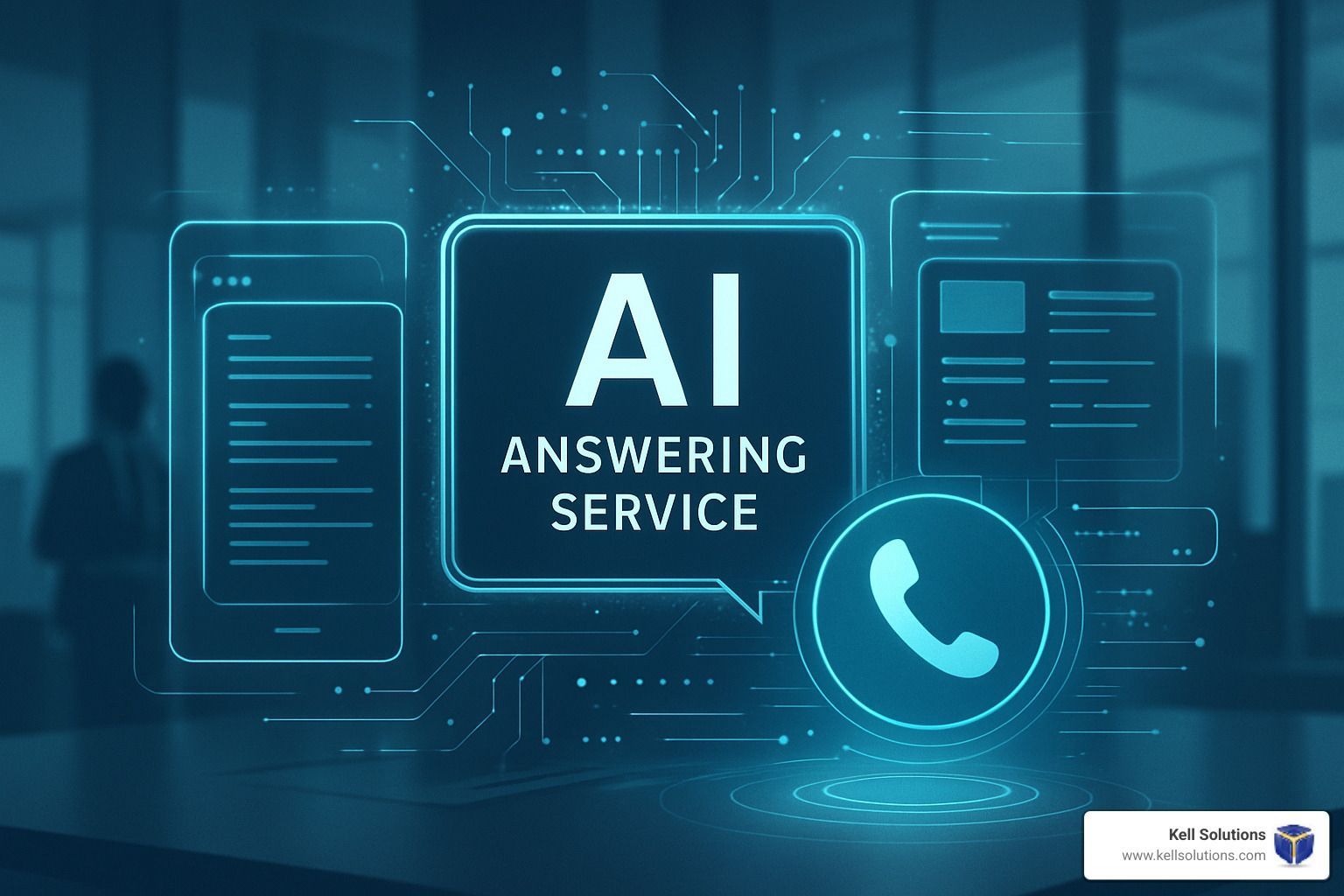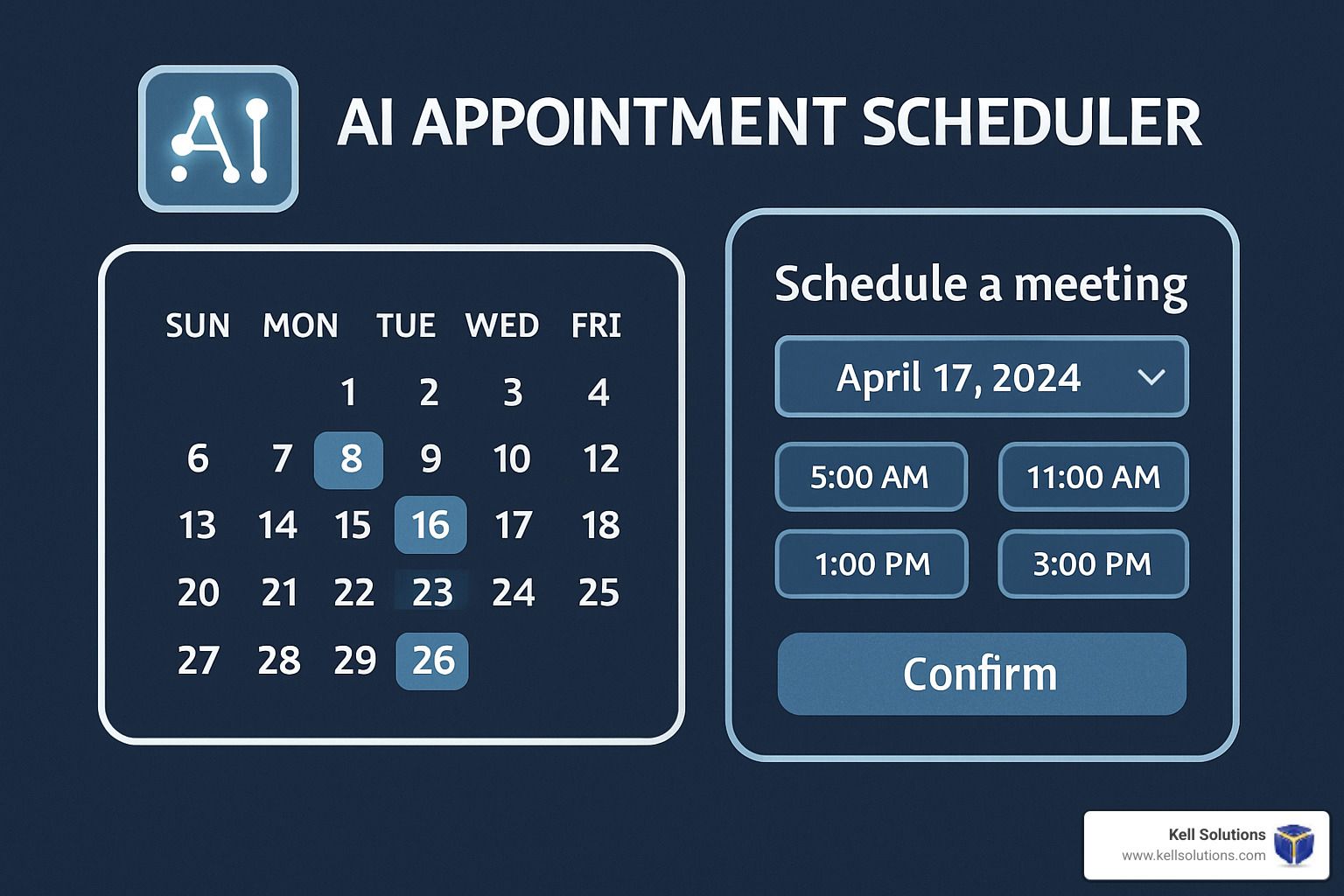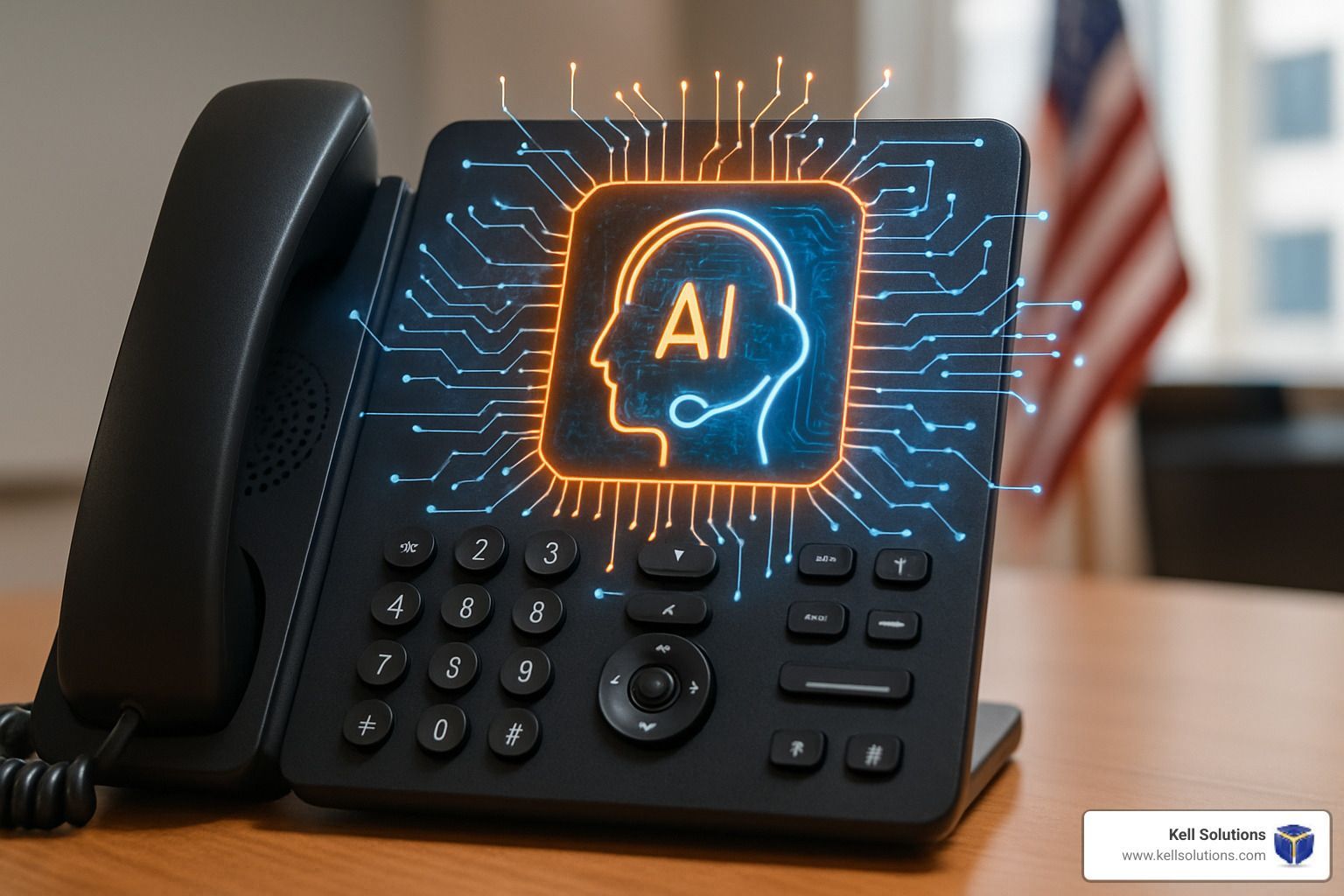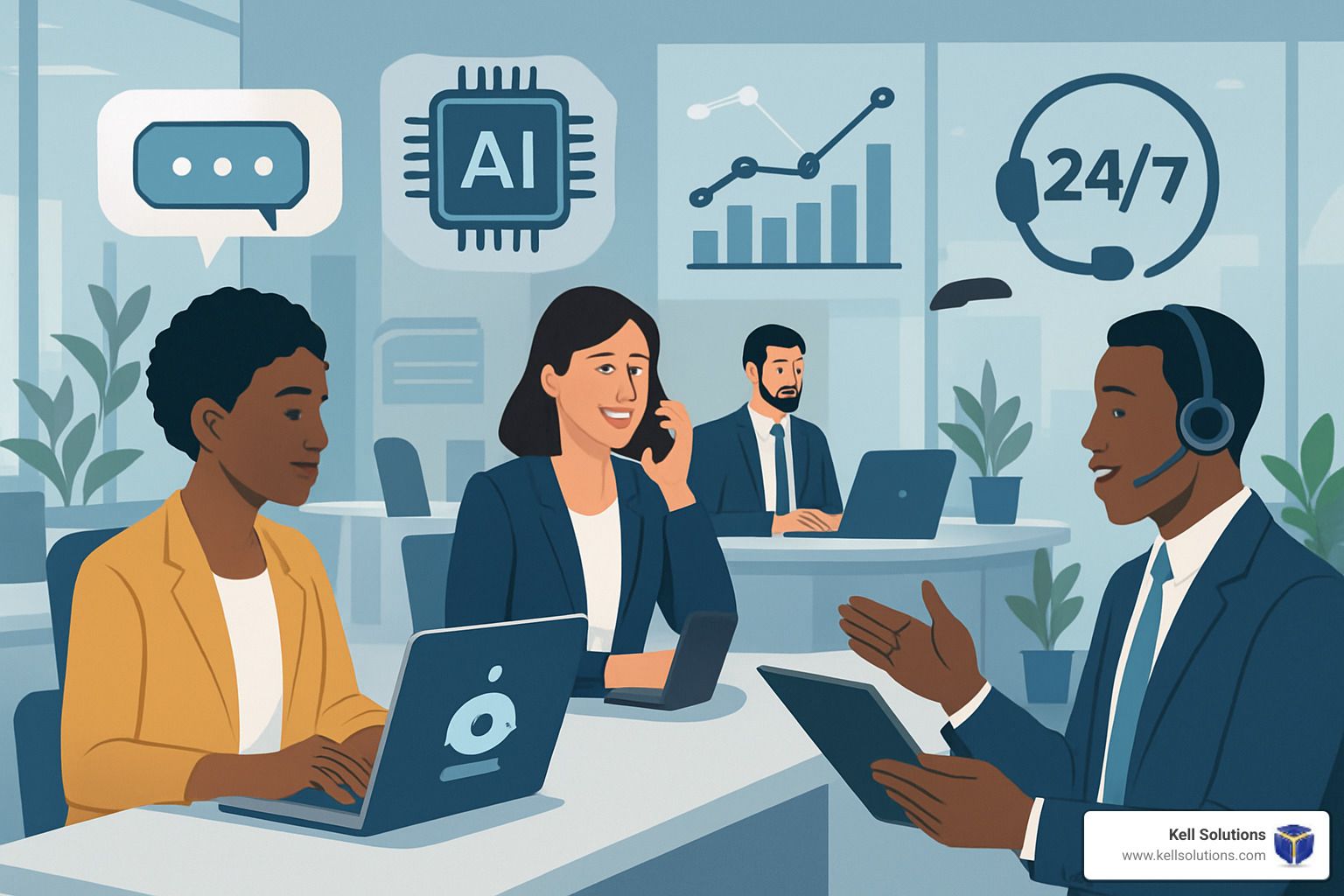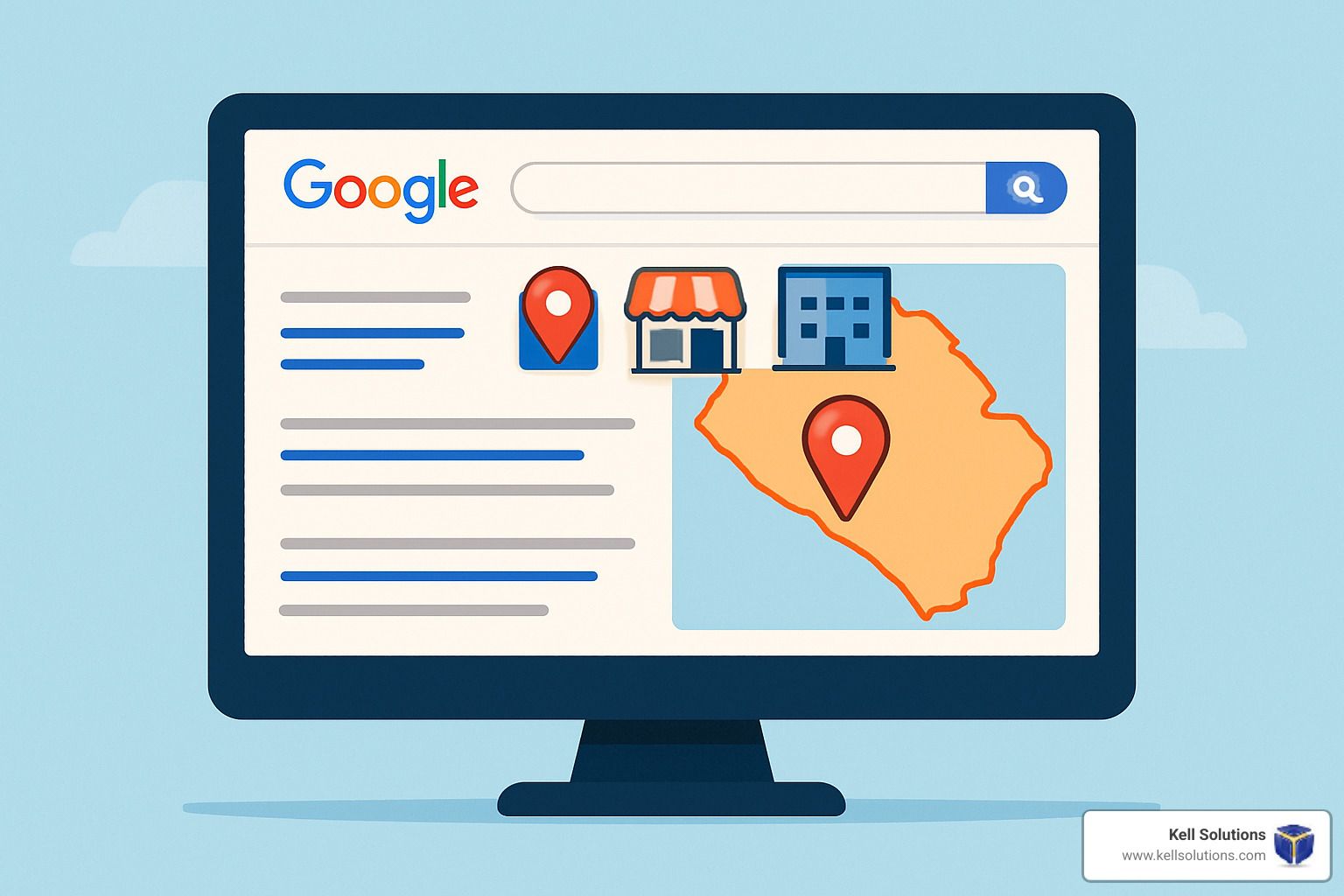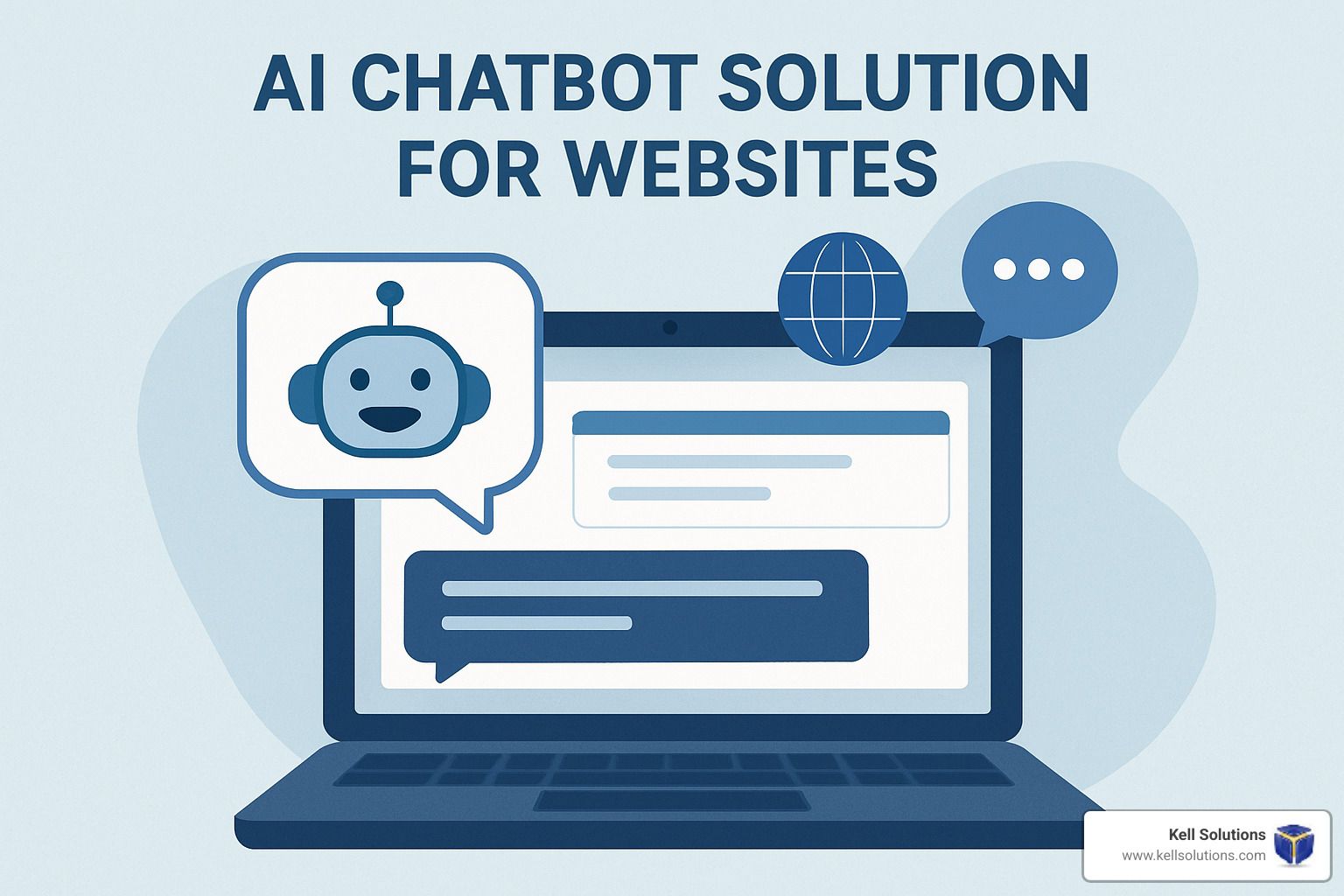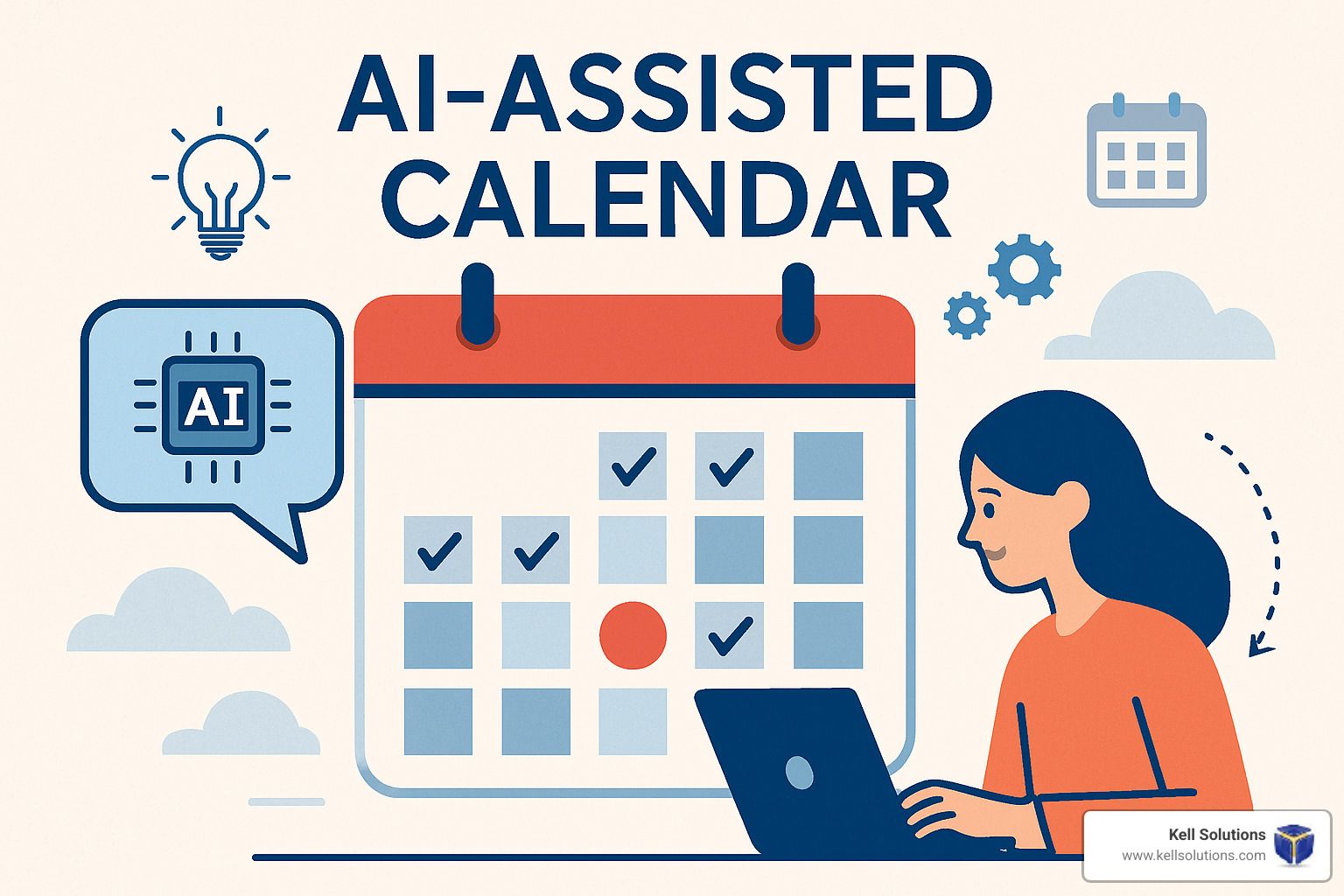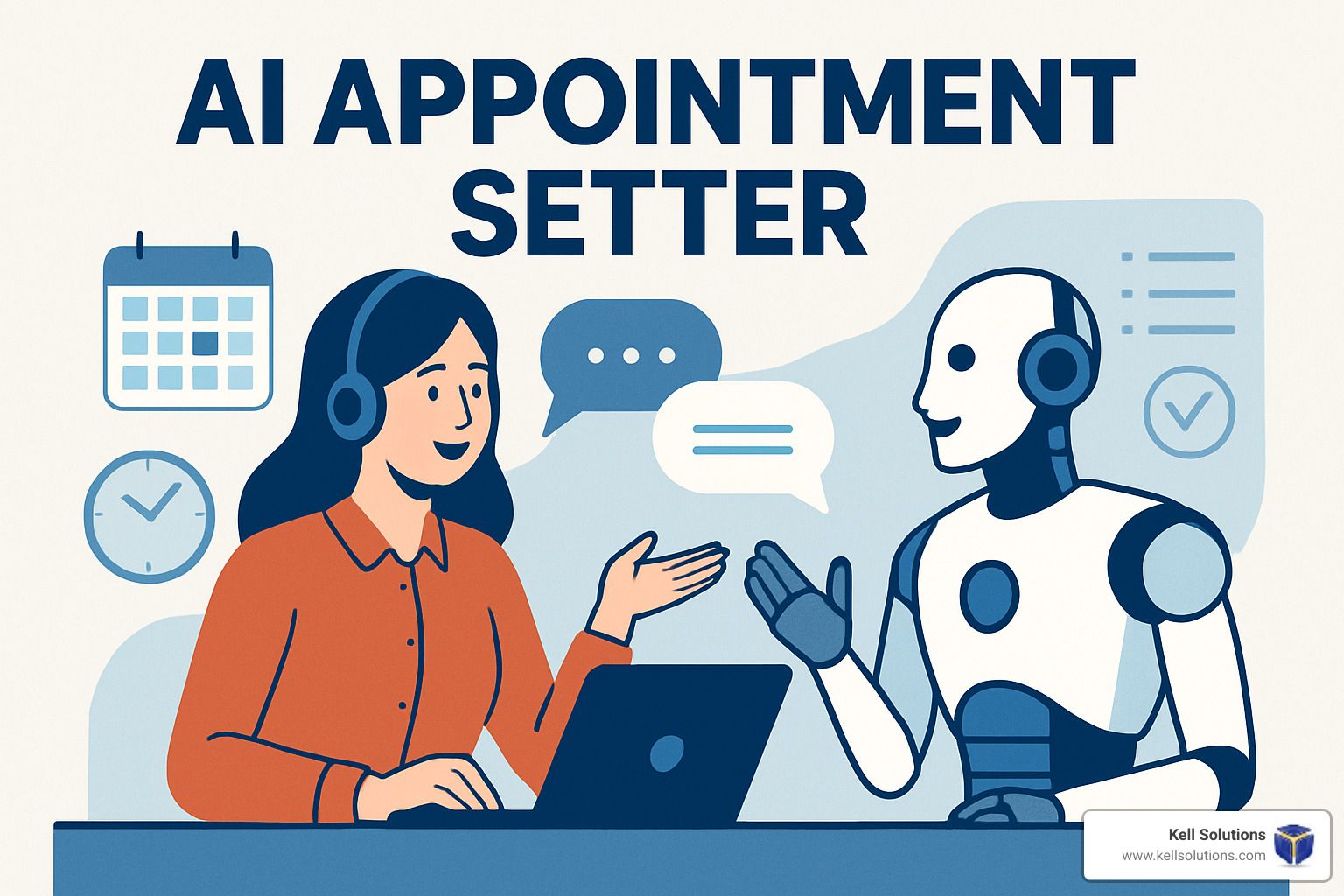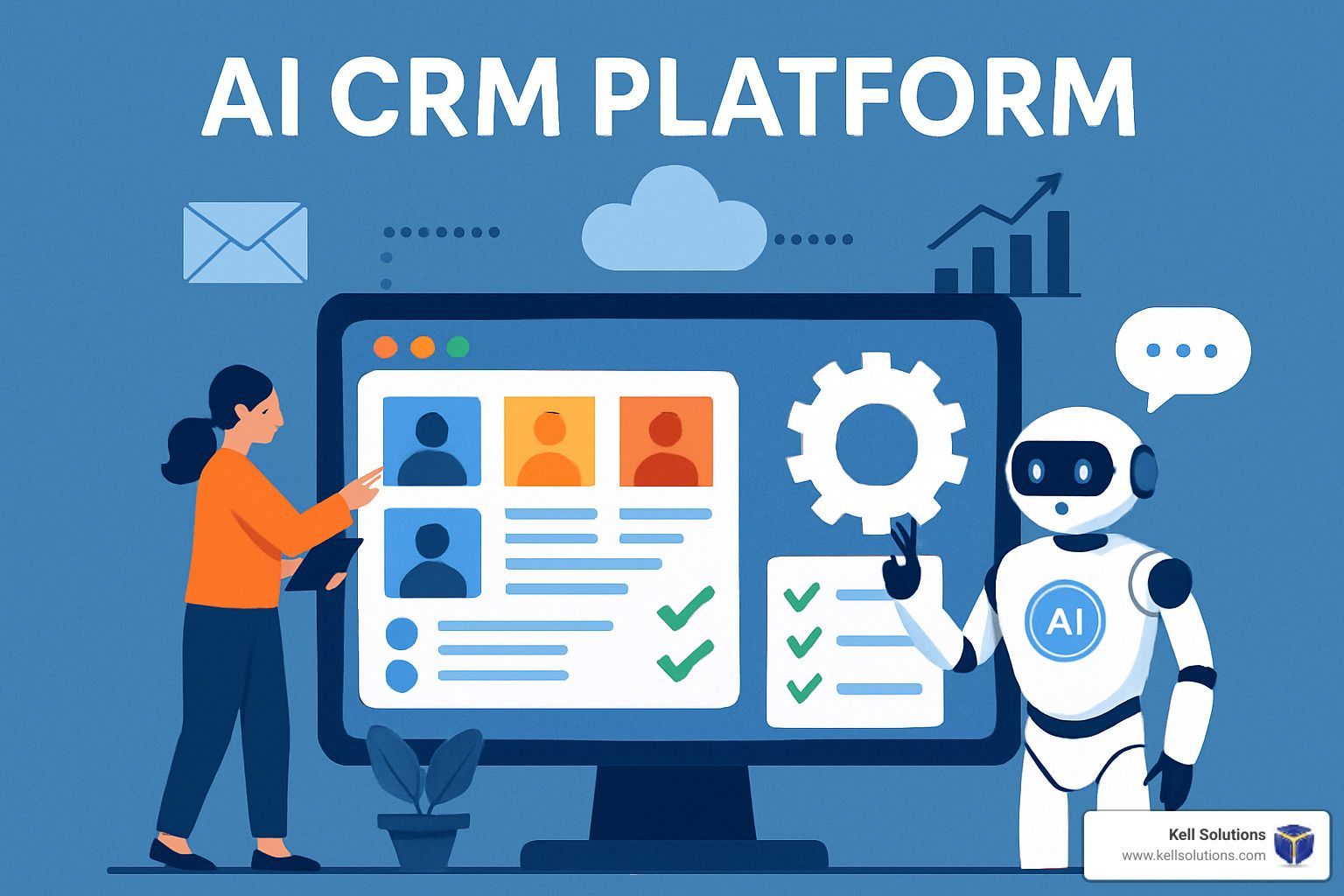How to Use AI Phone Call Tech Without Losing Your Mind
Navigating the AI Phone Call Revolution
AI phone call technology is changing how businesses handle customer communication, using artificial intelligence to automate and improve phone conversations.
The days of missed calls and voicemails piling up while you're busy helping customers are over. AI phone call systems can now answer your business line, book appointments, qualify leads, and handle customer inquiries with remarkable human-like conversation abilities.
Modern AI phone call platforms offer response times as low as 600-700 milliseconds, creating natural-feeling conversations that customers increasingly accept and even prefer for certain interactions. With support for 30-100+ languages and dialects, these systems can serve diverse customer bases while maintaining your brand's voice and personality.
The technology has matured significantly, with leading platforms now handling millions of calls daily with 99.99% uptime guarantees. Businesses across healthcare, travel, real estate, and retail are already seeing impressive results:
- 24% increase in answered calls
- 30% reduction in phone system costs
- 2.5× more qualified appointments
- 30% decrease in no-show rates
I'm Gregg Kell, founder of Kell Web Solutions, where I've helped businesses implement AI phone call technology to transform their customer communications and streamline operations for over two decades.
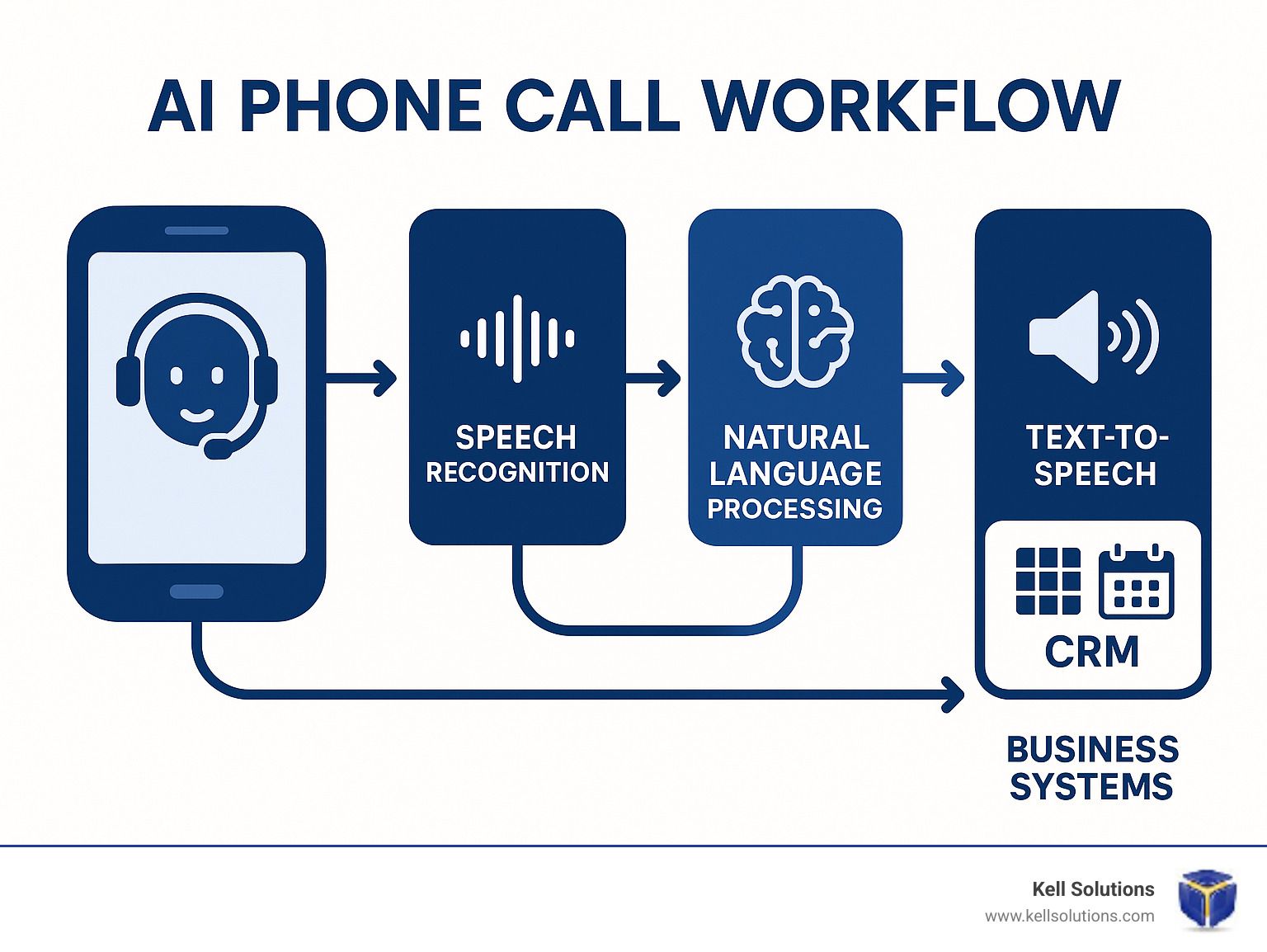
What You'll Learn
In this comprehensive guide, you'll find:
- The fundamental components of AI phone call technology and how they work together
- Proven use cases and benefits for businesses of all sizes
- How to select and customize the right AI phone solution for your needs
- Critical considerations for data privacy, security, and compliance
- A step-by-step implementation plan to avoid common pitfalls
- Answers to frequently asked questions about AI voice technology
By the end, you'll have a clear roadmap to implement AI phone call technology without the headaches, confusion, or wasted resources that come from trial and error.
Understanding the Basics of AI Phone Call Technology
Before you jump into implementation, let's take a moment to understand how AI phone call technology actually works. This knowledge will help you make smarter decisions about which solutions will truly serve your business needs.
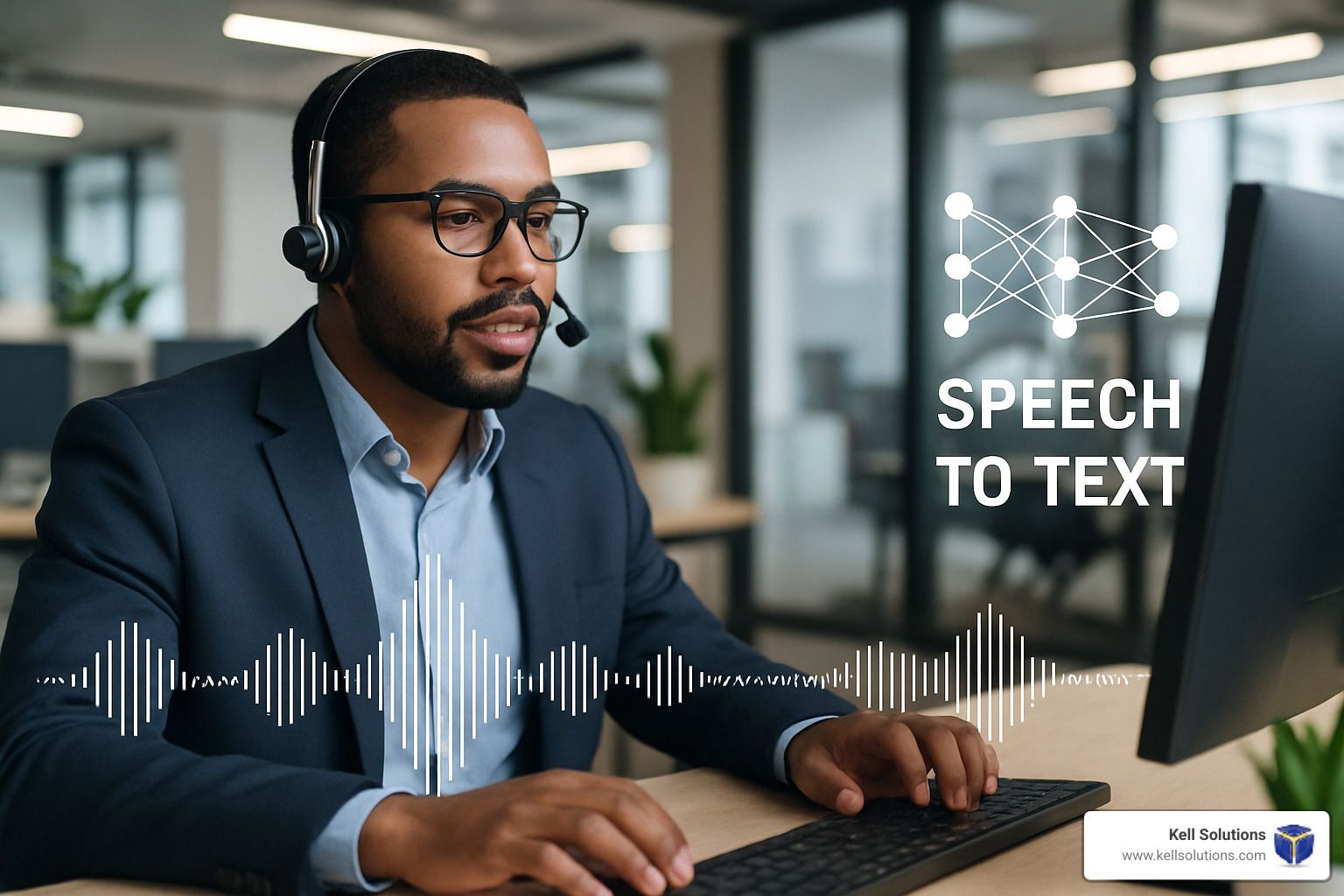
What is an AI Phone Call?
Think of an AI phone call as a phone conversation where artificial intelligence handles the talking on one end of the line. Unlike those frustrating old automated systems ("Press 1 for sales...press 2 for support..."), modern AI phone call systems have natural, flowing conversations that feel human.
These are "highly authentic, low-latency live voice AI that can make phone calls up to 1 hour long and execute follow-up tasks." The technology has gotten so good that callers often can't tell they're chatting with AI—at least for the first few exchanges.
When someone calls your business, the AI phone call system answers with a friendly greeting, engages in natural back-and-forth conversation to understand what they need, resolves their question when possible, and knows when to bring in a human for complex situations. Best of all, it automatically documents everything in your CRM or other systems.
Core Components: ASR, NLP & TTS
Behind every smooth AI phone call are three powerful technologies working together:
Automatic Speech Recognition (ASR) transforms the caller's spoken words into text. Today's ASR systems understand over 95% accurately, even with different accents, background noise, and natural speech patterns.
Natural Language Processing (NLP) is the brain that interprets what those words actually mean. It understands context, picks up on the caller's intentions, and even detects emotional tone. This is how the AI grasps what your caller really wants beyond just the literal words.
Text-to-Speech (TTS) converts the AI's text response back into spoken language. The best systems use neural voices that sound remarkably human, complete with natural pauses, emphasis, and intonation that make conversations feel real.
These components work together through a dialog management system that remembers previous exchanges, maintains context throughout the conversation, and follows your specific business workflows.
From Milliseconds to "Feels Human"
What makes an AI phone call feel human? It's all about timing. The technical term is latency—the delay between when someone stops speaking and when the AI responds.
The leading platforms have gotten this down to impressive speeds with response times averaging around 600-700ms.
When response times drop below 700ms, conversations start to feel natural. Any longer and that awkward pause screams "you're talking to a robot."
But speed isn't everything. The most advanced AI phone call systems also include human-like conversation abilities:
Interruption handling allows the AI to stop mid-sentence when the human interrupts—just like we do in natural conversation. This "barge-in" capability is crucial for making interactions feel real.
Sentiment detection picks up on emotional cues in the caller's voice, allowing the AI to adapt—perhaps speaking more softly to calm an upset caller or matching enthusiasm when someone is excited.
Dynamic speech patterns incorporate varied tone, pace, and even those natural "um" and "hmm" filler words that make speech sound less robotic.
As one happy user put it: "We just pop in our earbuds and talk to each other in real time; it's slightly delayed, but I don't think one could ask for better currently."
The magic happens when all these elements work together—creating an AI phone call experience that's responsive, intelligent, and feels remarkably human.
Top Use Cases & Benefits of AI Phone Call Systems
The versatility of AI phone call technology creates numerous applications across industries. Here are the most impactful ways businesses are using this technology today.
For Businesses: Revenue & CX Boost
When it comes to customer support and service, AI phone call systems are game-changers. They're always on duty—24/7 availability without the staffing costs that would normally come with round-the-clock service. Your customers get consistent, accurate responses to common questions and instant resolution for simple issues, while complex cases get smartly routed to the right human agent.
Managing appointments becomes effortless too. Your AI assistant handles booking, confirmation, and rescheduling while integrating with your calendar to show real-time availability. One of the biggest wins? Those reminder calls can reduce no-show rates by up to 30%—a huge boost for service-based businesses. After appointments, the system can even handle follow-up and collect valuable feedback.
For sales teams, AI phone call technology is a lead-qualification powerhouse. Imagine responding to every inquiry immediately—even at 3 AM when your competition is sleeping. Your AI uses your exact qualification criteria consistently, documents every conversation in detail, and seamlessly hands off qualified leads to your sales team when they're ready to close.
As one property management company using these systems told us: "It handles 90% of customer requests autonomously," freeing their team to focus on high-value activities instead of routine calls.
Our clients at Kell Solutions have seen remarkable improvements in their bottom line. One Laguna Beach business slashed their monthly phone costs from roughly $400 to just $50 while actually improving their customer response rate. That's working smarter, not harder.
Learn more about AI Answering Phone Calls
For Individuals: Accessibility & Multilingual Help
AI phone call technology isn't just changing businesses—it's making life easier for individuals too.
Travelers now have a powerful ally in foreign countries. Real-time translation during calls across 91+ languages and dialects means you can chat with locals or steer unfamiliar services without language barriers. Need emergency assistance in a country where you don't speak the language? Your AI translator bridges that critical gap.
Language learners have finded a patient, tireless conversation partner available whenever inspiration strikes. Unlike human tutors who might grow weary of repeated questions, AI provides consistent, encouraging responses for practice and exposes learners to various accents and dialects at their own pace.
For those with accessibility needs, these systems offer remarkable support. Live call captioning helps hearing-impaired users follow conversations, voice amplification improves clarity, and the structured nature of AI communication can be a blessing for those with social anxiety.
The AI Phone Translator app's impressive 4.7/5 rating from over 40,900 users speaks volumes about how these tools are becoming essential for daily communication across language barriers.
Real-World Results & Market Data
The impact of AI phone call technology isn't just anecdotal—the numbers tell a compelling story:
Advanced AI voice systems now power more than 10 million voice calls monthly across 30+ countries, with leading platforms handling millions of calls daily with an almost perfect 99.99% uptime. Businesses implementing these solutions report doubling their qualified appointments, answering 24% more calls, reactivating 15% of dormant leads, and increasing closed sales by 12%.
Looking at the bigger picture, Grand View Research projects the global conversational AI market will reach a staggering $32.62 billion by 2030, growing at 20% annually from 2023. This remarkable growth reflects both the technology's maturity and the real-world benefits it delivers.
As one business owner put it: "It's like having a phone call with a friend." That natural, comfortable interaction is why AI phone call systems are rapidly becoming the new standard for business communication—they deliver results while maintaining the human touch that customers value.
Scientific research on conversational AI growth
Choosing & Customizing Your AI Phone Call Platform
Picking the right AI phone call platform is a bit like choosing a new employee – you need someone who fits your company culture, speaks your language, and can handle the specific tasks you need done. Let's break down what to look for when shopping for your AI phone assistant.
Inbound vs Outbound Call Handling
AI phone call systems can work both ways – answering the phone when it rings or making calls on your behalf.
For incoming calls, your AI assistant can greet callers warmly, figure out why they're calling, and either solve their problem directly or connect them to the right human. Think of it as replacing those frustrating "press 1 for sales" menus with a helpful conversation.
For outgoing calls, your AI can handle those repetitive-but-necessary communications – confirming appointments, following up with leads, or checking in with customers after a purchase.
At Kell Solutions, we've noticed most businesses get the quickest wins by starting with inbound call handling. There's nothing more painful than missing potential customer calls because everyone's busy, and an AI phone call system solves this immediately.
Language & Accent Support
Today's world is wonderfully diverse, and your phone system should be too. The best AI phone call platforms now support an impressive range of languages and accents:
- Many top platforms support between 30-100+ languages
- Some advanced systems handle 91 different languages and dialects
- Real-time translation during calls is increasingly common
- Advanced systems adapt to different accents and speaking styles
When evaluating a platform, don't just check if they list your needed languages – ask for demos in those specific languages. I've seen systems that claim to speak Spanish but sound like they learned it from a particularly confused tourist guidebook.
Integrations & Automations That Matter
An AI phone call system that doesn't talk to your other business tools is like hiring an assistant who refuses to use your filing system. The magic happens when everything works together:
Your CRM should automatically update after calls. Your calendar should sync with appointments made. Support tickets should generate without anyone lifting a finger.
The best platforms connect with hundreds of tools across various business applications. From Salesforce to Google Calendar, Zendesk to Shopify, these connections transform isolated phone calls into seamless parts of your business workflow.
What's particularly powerful is when your AI phone call system can trigger the next steps automatically – sending follow-up emails, creating tasks for your team, or updating customer records. This isn't just answering the phone; it's keeping your entire business moving forward.
Learn more about AI Phone Answering System
Data Privacy, Security & Compliance in AI Phone Calls
As AI phone call technology handles sensitive customer information, security and compliance must be prioritized from the start.

Why Compliance Can't Be an Afterthought
Let's face it – phone calls are goldmines of personal information. When your customer shares their address, credit card details, or health concerns during an AI phone call, you're responsible for protecting that information just as carefully as you would in a human conversation.
The stakes couldn't be higher in today's privacy-conscious world. Phone conversations often contain sensitive personally identifiable information that's protected by regulations like HIPAA for healthcare, GDPR for European customers, and PCI DSS for payment processing. Breaking these rules isn't just about potential fines – it's about breaking customer trust, which is much harder to rebuild.
"We finded that implementing proper security protocols from day one actually accelerated our deployment," shares one of our clients in Tampa. "It prevented the last-minute scramble and rework that many businesses face when they treat compliance as a checkbox exercise."
Leading AI phone call platforms understand these concerns and build robust protections into their systems. Look for providers that offer SOC 2 Type II certification (which verifies their security controls through rigorous auditing), HIPAA compliance capabilities, and alignment with EU data privacy standards. Most reputable providers also conduct regular penetration testing to identify and fix vulnerabilities before they can be exploited.
Learn more about data security standards
Best Practices for Safe Deployments
Implementing AI phone call technology securely doesn't have to be overwhelming. Here's how to protect your customers and your business:
Start with data minimization – the simplest way to prevent data breaches is to collect only what you absolutely need. Do you really need your customer's full address for a simple product inquiry? Probably not. Set appropriate retention periods too – there's rarely a good reason to keep call recordings forever.
Implement strong access controls that limit who can listen to calls or view transcripts. Your marketing intern probably doesn't need access to every customer conversation. Use role-based permissions and require strong authentication for anyone accessing call data. At Kell Solutions, we help businesses set up detailed access logs that create accountability and help identify any unusual access patterns.
Be transparent with your customers about AI use. Most people don't mind talking to an AI assistant – they just want to know upfront. Clearly disclose when calls are being handled by AI, obtain proper consent for recording when required by law, and always provide an easy option to transfer to a human when needed.
Finally, don't set it and forget it. Ongoing monitoring through regular security assessments and call quality audits helps catch issues before they become problems. One of our Nashville clients finded through routine monitoring that their AI was occasionally collecting unnecessary medical information – they quickly adjusted their conversation flows to prevent this.
At Kell Solutions, we've helped businesses across the country implement these best practices, ensuring their AI phone call systems improve customer trust rather than undermining it. Our approach focuses on making security feel like a natural extension of good customer service rather than a burdensome compliance exercise.
Proper security and compliance planning isn't just about avoiding problems – it's about creating the confidence to fully accept the transformative potential of AI phone call technology in your business.
Getting Started Without Losing Your Mind
Implementing AI phone call technology doesn't have to be overwhelming. Follow this structured approach to ensure success.
5-Step Quick-Start Checklist
Let's face it – new technology can be intimidating. But setting up your AI phone call system shouldn't feel like you're trying to land a spacecraft on Mars. I've guided dozens of businesses through this process, and the key is breaking it down into manageable steps.
First, clarify your goals. Are you tired of missing calls after hours? Need help qualifying leads without hiring more staff? Want to streamline appointment booking? Write down your specific pain points and what success would look like – perhaps handling 80% of routine inquiries automatically or reducing missed calls to zero.
Next, choose your platform wisely. This isn't just about price (though that matters). Consider which languages your customers speak, what systems you need to connect with, and your security requirements. Take advantage of free demos to test how the AI handles your specific scenarios before committing.
The third step is designing your conversation flows, which is actually the fun part! Map out how calls typically progress and create natural-sounding responses. Think of it as creating a choose-your-own-trip book for your callers. The best AI phone call implementations sound warm and helpful, not robotic and confusing.
Before going live, test thoroughly. Have team members call in pretending to be customers with different questions and accents. Notice where conversations get stuck and refine accordingly. One of our clients in Laguna Beach finded during testing that their AI needed better responses for pricing questions – fixing this before launch saved them countless frustrated customers.
Finally, treat your AI like a new employee who needs ongoing coaching. Review call transcripts, track performance metrics, and gather customer feedback. The beauty of AI phone call systems is they get better over time if you guide their development.
"We started with just handling after-hours calls," shared one small business owner, "but now our AI handles appointment scheduling, basic troubleshooting, and even collects customer information before transferring to our team. The key was starting small and building confidence."
Learn more about Automated Call Answering
Common Pitfalls & How to Avoid Them
Even the smoothest implementations hit a few bumps. Here's how to steer the most common challenges:
AI hallucinations happen when your virtual agent confidently makes up information it doesn't actually know. It's like having an employee who would rather invent an answer than admit uncertainty. The fix? Create clear knowledge boundaries and program the AI to say "I don't know, but I can connect you with someone who does" when appropriate.
Accent and dialect challenges can frustrate callers quickly. I worked with a restaurant in Chicago whose AI phone call system struggled with certain regional accents. We solved this by testing with diverse speakers and choosing a platform with stronger accent recognition capabilities. Your AI should understand all your customers, not just some of them.
Over-automation is tempting but dangerous. Not everything should be handled by AI. Complex situations, emotionally charged calls, and high-value negotiations often benefit from a human touch. Design your system with clear handoff points to live agents.
Integration headaches often appear after launch when data isn't flowing properly between systems. One client finded their AI phone call system wasn't properly updating their calendar, leading to double-bookings. Thorough end-to-end testing could have caught this earlier.
Customer resistance is natural at first. People have been trained by decades of terrible automated phone systems to immediately press "0" for a human. The solution? Be transparent about using AI, make it exceptionally good at its job, and always provide an easy path to a human when needed. When done right, many customers actually prefer the immediate, 24/7 response of a well-designed AI phone call system.
At Kell Solutions, we've seen businesses transform their customer experience with thoughtful AI phone call implementation. The most successful ones start with clear goals, choose the right technology, and commit to continuous improvement. Ready to see how it works for your business? Request a free demo of VoiceGenie AI and experience the difference firsthand.
Frequently Asked Questions About AI Phone Call Tech
How fast is an AI phone call response?
When you're chatting with someone, nothing kills the natural flow like awkward pauses. That's why the speed of AI phone call responses matters so much.
Today's leading AI systems respond in under 700 milliseconds (that's less than a second!) for 99% of conversations. This lightning-fast response creates that natural back-and-forth we expect in human conversations. For perspective, when two people chat, they typically respond to each other within 200-900 ms – meaning today's AI fits perfectly within our natural conversation rhythm.
Independent benchmarks show that achieving "<700 ms response latency in 99% of cases" isn't just a technical spec – it's what makes the conversation feel real.
Can an AI phone call handle complex bookings?
Yes! Modern AI phone call systems have become remarkably sophisticated when it comes to appointments and bookings.
These systems connect directly with your calendar tools to check real-time availability, suggest alternative slots when your first choice isn't available, gather all the details needed for specific appointment types, and even send confirmation texts or emails afterward. They can smoothly handle rescheduling requests and cancellations too.
That said, even the smartest AI knows its limits. For super complicated scenarios – like coordinating multiple participants with conflicting schedules and special requirements – most systems will gracefully transfer to a human team member once they recognize they're in over their head.
As one healthcare provider using our system shared: "Our AI system handles about 90% of our scheduling needs completely autonomously, only transferring the most unusual requests to our staff." This balance keeps things running smoothly while ensuring complex situations get the human touch they need.
What if customers don't want to talk to a robot?
It's a fair concern! Nobody wants to feel like they're talking to a machine when they need real help. Fortunately, there are several effective approaches to address this:
First, transparency matters. The AI should clearly identify itself at the start with something like "I'm Kell Solutions' AI assistant. How can I help you today?" This honesty builds trust from the beginning.
Second, always provide an easy escape hatch. Customers should be able to request a human at any point, and the AI should be smart enough to recognize frustration and proactively offer human assistance.
Finally, many businesses find success with a hybrid approach – using AI for the initial greeting and basic information gathering, then transferring to humans for more complex parts of the conversation.
Interestingly, customer attitudes are shifting rapidly. Many people actually prefer AI for certain interactions because there's no wait time and service is available 24/7. A recent study found that 84% of organizations report improved call engagement with AI assistance – suggesting that thoughtfully implemented systems improve rather than detract from customer experiences.
Learn more about VoiceGenie AI free demo
Conclusion & Next Steps
The evolution of AI phone call technology has been nothing short of remarkable. What once seemed like science fiction has become an accessible, practical tool that businesses of any size can implement today. With response times that mimic human conversation, support across dozens of languages, and seamless integration with your existing business systems, these solutions can truly transform your customer communications.
Success with AI phone call technology doesn't happen by accident, though. It requires a thoughtful approach:
- Begin with crystal-clear goals for what you want your AI to accomplish
- Select a platform that aligns not just with your technical needs, but with your company values
- Craft conversation flows that sound authentically like your brand
- Test thoroughly with real scenarios before fully deploying
- Never stop monitoring and refining based on actual results
The future looks incredibly bright for this technology. Advances in emotional intelligence mean AI agents will soon recognize and respond to subtle voice cues. Multilingual capabilities continue to expand, breaking down global communication barriers. And integration with emerging technologies like augmented reality will create entirely new customer experience possibilities.
By establishing a solid foundation now, you position your business to take advantage of these innovations as they emerge. The companies seeing the greatest success with AI phone call technology understand that the goal isn't replacing human connection – it's enhancing it. When routine calls are handled efficiently by AI, your team can focus their energy and creativity on the high-value interactions where the human touch truly makes a difference.
At Kell Solutions, we've guided businesses through this change process with our VoiceGenie AI solution. Our customized voice agents work tirelessly to capture leads, book appointments, and answer customer questions – all while maintaining your unique brand identity and voice. They never sleep, never take breaks, and never miss an opportunity to connect with your customers.
Ready to see how AI phone call technology might transform your business operations? Request a free VoiceGenie AI demo and find how our customized voice agents can help you provide consistent, high-quality customer experiences around the clock.
Adopting AI calling technology isn't about replacing your team – it's about giving them superpowers. When implemented thoughtfully, with appropriate privacy safeguards and clear communication to customers, AI phone call technology becomes an invaluable extension of your business that helps you grow while maintaining the personal touch your customers value.
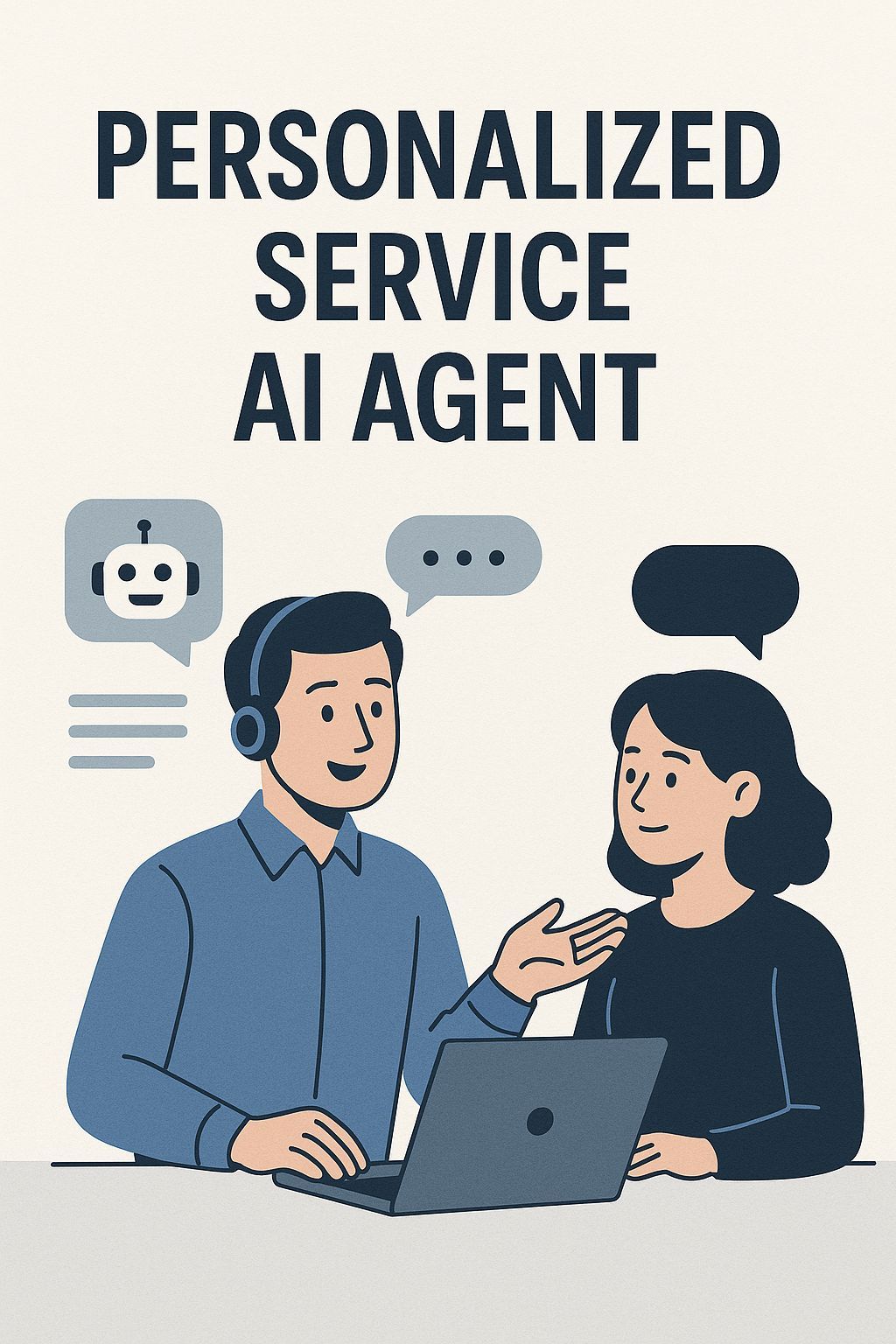

Orange County HVAC Google AI Overview Domination: 7 Proven Strategies to Capture Featured AI Results




